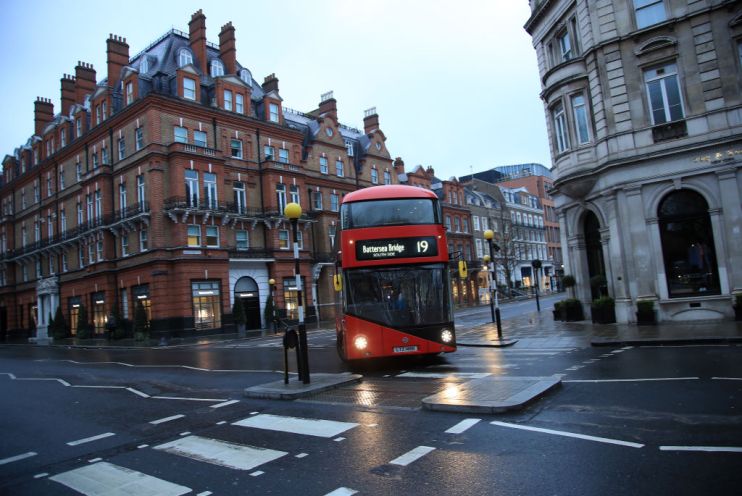Central London’s luxury property dips on Brexit uncertainty

The allure of luxury property in central London has waned this year amid Brexit uncertainty and weaker demand.
With Brexit reaching an impasse ahead of the end of the transition period, the annual price change in prime central and prime outer London properties grew to its widest this month.
Average prices in prime central London dropped 4.3 per cent across the year according to research by estate agent Knight Frank. It came as the annual decline in outer London prices narrowed to 3.2 per cent after monthly growth of 0.1 per cent.
Central London markets have been adversely affected by Brexit uncertainty because of the greater proportion of overseas buyers.
Notably in the year following the EU referendum, central London prices plunged 6.3 per cent compared to a near two per cent decline in prime outer London.
“Renewed uncertainty over Brexit means some buyers and sellers became more cautious in the final weeks of the year,” said Tom Bill, head of UK Residential Research at Knight Frank.
The collapse in prime central London prices is in stark contrast to UK House prices overall, which grew 6.5 per cent in November, according to Nationwide’s house price index.
The number of viewings in the week to 12 December in prime central London was 11 percent lower than the five-year average.
High-end properties in outer-London are proving more attractive, likely mirroring trends triggered by the pandemic. Research has shown that there has been increasing demand for homes with gardens or near green space.
Supply/demand imbalance pushes rental values downwards
Higher levels of supply and weaker demand have continued to exert downwards pressure on rental values across prime markets in the capital.
Average rents finished 11.9 per cent lower in central London and 9.8 per cent in outer London.
Knight Frank’s research found that supply has been pushed higher “by a glut of short-term rental properties coming onto the long-let market due to the pandemic.” Additionally demand from international students and corporate tenants has been weaker due to remote working and travel restrictions.
The imbalance started to weaken over the summer as the economy started to reopen but were pushed down for a second time amid the November lockdown.
The number of tenancies remains steady as tenants look for more space to work from home and take advantage of falling rents. The number of tenancies started in the week ending 12 December was 43 per cent higher than the five-year average.